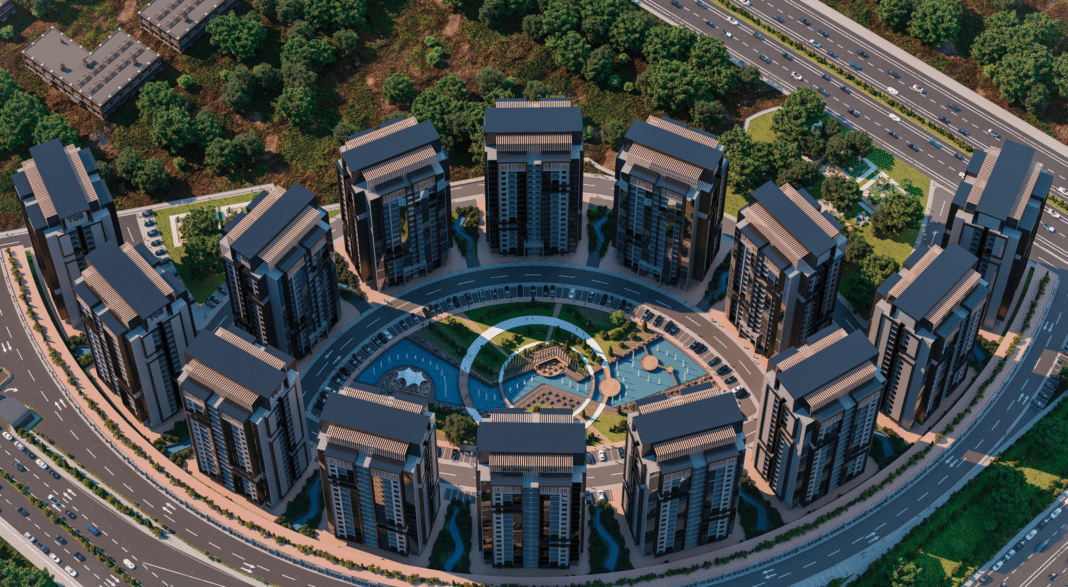Iraq continues to boost real estate development by approving new incentives for the Basra housing projects in Iraq. These changes target two major sites, Basra/1 and Basra/2, and aim to speed up private-sector investment and housing supply.
First, the residential developments in Basra receive major tax advantages. In the Basra/1 project, the developer avoids the usual 10 percent landowner’s fee. This change boosts the project’s financial flexibility and increases its attractiveness to potential investors.
In addition, the government allows the Basra/1 developer to sell homes at full market value. This step encourages competitive pricing and expands profitability. Clearly, these policies make the Basra housing projects in Iraq more investor friendly.
Moreover, the company can build vertical housing on up to 10 percent of the land. However, this development must get approval from the Ministry of Transport, the Civil Aviation Authority, and the Baghdad Municipality. In exchange, the firm will donate 2,000 homes to public housing.
Meanwhile, the Basra/2 project follows a similar plan. Like Basra/1, it allows vertical housing construction on 10 percent of the area. In return, the developer will donate 1,000 housing units, on top of the 4,000 units already required under contract. This adds long-term value to the Basra housing projects in Iraq.
Additionally, the developer in Basra/2 receives the same tax exemption. This will take effect after authorities approve the rerouting of the fourth ring road, which remains vital for land access and planning.
To further support both projects, the Cabinet ordered all government agencies to transfer land ownership to the National Investment Commission (NIC). This includes 122 dunams currently held by the University of Baghdad. The government will give the university an equal-sized replacement plot.
This coordinated effort ensures no disruption to education infrastructure while still advancing the Basra housing projects in Iraq. The incentives lower development costs, support urban growth, and expand affordable housing supply across Basra.
Basra’s residential development efforts highlight Iraq’s wider plan to draw investment and create long-term, livable urban communities.





